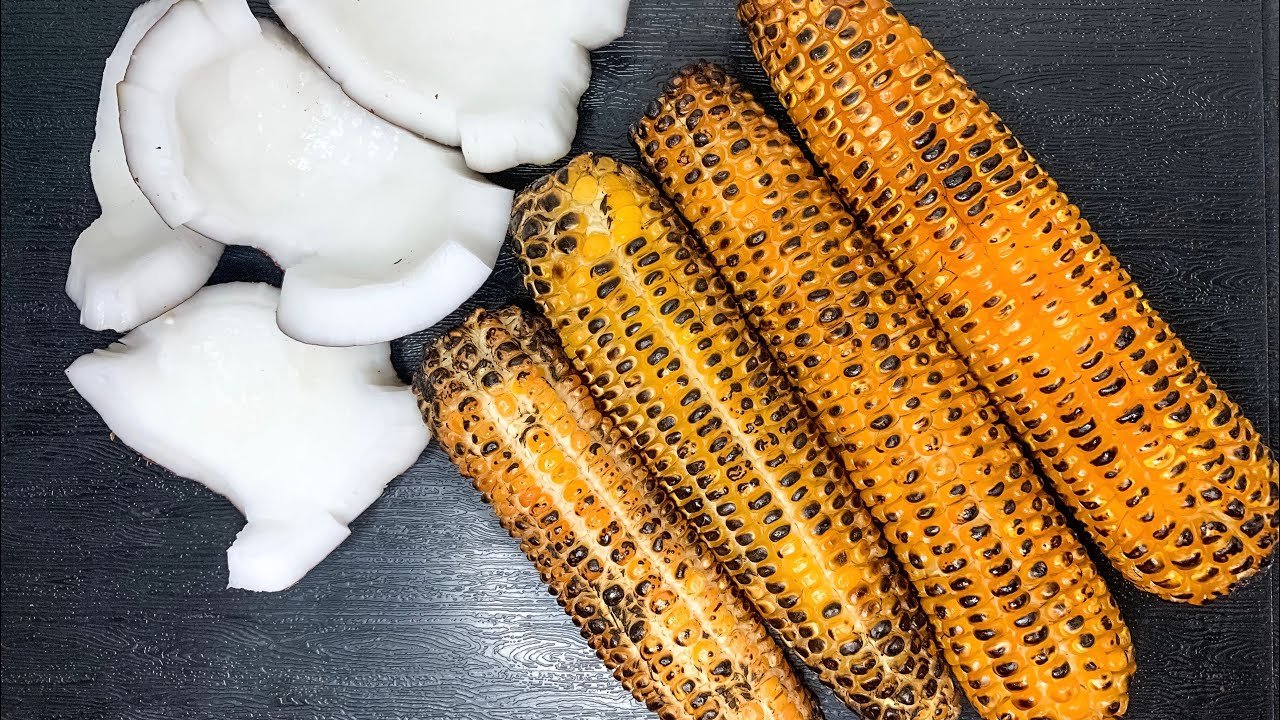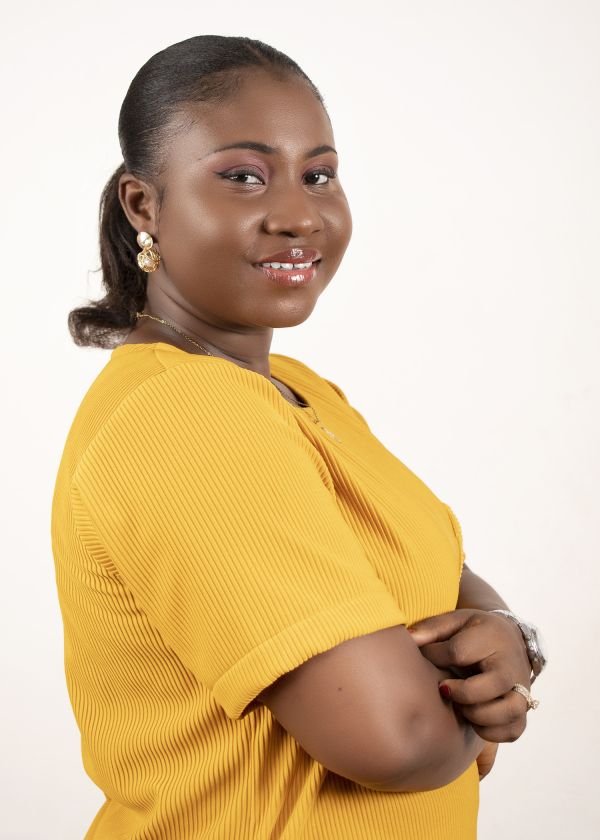When a notorious Russian assassin and an American newspaper correspondent boarded separate planes in Turkey on Thursday, it marked the culmination of a secretive, dramatic prisoner swap deal between Russia and the West that was years in the making.
The origins of this deal, which involved two dozen prisoners, can be traced back to 2022. But behind-the-scenes negotiations between Russia, the US and four European countries ramped up earlier this year before intensifying in recent weeks as a final agreement came into view for all sides.
Those negotiations were at times feverish and testing. They also came as US-Russia tensions soared over the Ukraine war. "It was the culmination of many rounds of complex, painstaking negotiations over many, many months," Jake Sullivan, the US national security adviser who played a critical role in the deal, said shortly after the exchange.
Senior White House officials provided a detailed timeline of events in a call with reporters, including from the BBC's US partner CBS, on Thursday. They said the first hint that Moscow may have been open to a deal came in the autumn of 2022.
The US and Russia had been negotiating the release of Brittney Griner, the American basketball star who was arrested for possessing cannabis oil and sent to a Russian penal colony. Griner was eventually released later that year in a high-profile swap for the notorious Russian arms dealer Viktor Bout.
But during those conversations, the White House officials said, Russia made clear it also wanted to secure the release of the hitman Vadim Krasikov, who was serving a life sentence in Germany for shooting dead a man in a busy Berlin park on the direct orders of the Kremlin.
Mr Sullivan told his German counterpart that Russia was angling for Krasikov's release, and asked whether Berlin would consider freeing him in exchange for Alexei Navalny, the vocal anti-Putin campaigner and opposition leader who was being held in Russia.
Germany, however, was reluctant to release a hitman who had committed such a brazen murder on its own soil.
While Mr Sullivan did not get a definitive answer from Berlin, the initial conversations in 2022, both between the US and Russia and the US and Germany, helped pave the way for the larger, more complex agreement struck in recent weeks that was completed on the sweltering runway of a Turkish airport.
That's because both sides signalled, at least to some extent, what they wanted.
Russia made clear it wanted Krasikov. And Washington did not just want Navalny, it also wanted Paul Whelan, an ex-Marine who was jailed on espionage charges in Russia in 2018.
The early elements of a potential swap deal then began to take shape - but there was still a long, long way to go.
In late March 2023, a 31-year-old Wall Street Journal reporter from New Jersey was arrested by Russian intelligence agents while on a reporting trip. His detention raised a chorus of condemnation from the US and its allies.
A day later, President Biden instructed Mr Sullivan to pull together a deal that would bring him, and Mr Whelan, home.
The US directly contacted Russia. Communication then began in earnest, White House officials said, and their respective foreign ministers spoke on the phone.
But the conversations soon moved from these top diplomats to the secretive intelligence services, which the US was hesitant to do as Mr Gershkovich was accused of spying and Washington feared involving the CIA would only fuel those claims.
As the wheels of these tense negotiations were turning in late 2023, the US came to understand that the release of the hitman Krasikov was key to any successful deal, according to senior White House officials. Offers were made to Russia that did not include the 58-year-old assassin. They were always rebuffed.
Watch Putin say in 2023 that Russia and US were in dialogue over jailed reporter
Given Krasikov was in jail in Germany and not the US, Washington did not have the power to free him unilaterally. Mr Sullivan spoke to his German counterpart almost weekly in late 2023 and early January 2024 in an effort to convince him to exchange Krasikov and meet Russia’s key demand for this deal.
Any potential agreement, according to the White House officials, absolutely hinged on Germany releasing Krasikov.
Moscow’s position, they said, was ultimately that its jailed spies should be returned in exchange for the Americans it accused of spying.
With this in mind, the US worked to find more Russian spies held by its allies who could form part of a major deal. US officials, diplomats and CIA staff travelled the world looking for friendly governments willing to release prisoners fitting that description, according to the Wall Street Journal.
A sign of their success came on Thursday, when Russians were released from prisons in Poland, Slovenia and Norway.
In February of this year, German Chancellor Olaf Scholz met President Biden at the White House. And according to the account provided by the White House officials on Thursday, they discussed options for a swap that included all the key people - Krasikov, Navalny, Whelan, Gershkovich.
There were positive signals from Russia, too. In an interview with former Fox News host Tucker Carlson in early February, Vladimir Putin spoke about Mr Gershkovich. "I do not rule out that Mr Gershkovich may return to his homeland," he said.
As the BBC's Russia editor Steve Rosenberg writes, it was a very public and unsubtle hint: Moscow was open to doing a deal.
But on 16 February 2024, just days after that interview and the White House meeting between Chancellor Scholz and President Biden, and before any offer could put to the Russians, the potential deal collapsed in tragic circumstances.
Arguably the most high-profile prisoner who could have been included in the exchange, Alexei Navalny, died in his Siberian prison cell aged 47. Supporters and relatives, as well as many foreign leaders, blamed Mr Putin for his death. Russian authorities said he died of natural causes.
While almost nothing was known about the negotiations at the time of his death, Mr Navalny's colleague Maria Pevchikh said publicly that he had been close to being freed in exchange for Krasikov.
BBC News was unable to independently verify her claims at the time. The Kremlin, meanwhile, publicly denied that a potential agreement had been close.
But on Thursday, the White House confirmed it had been working to include Mr Navalny in the deal, which ultimately saw three people who had worked with the opposition figure freed from Russian custody.
"The team felt like the wind had been taken out of our sails,” a visibly emotional Mr Sullivan said as he described the impact of Mr Navalny’s death.
Mr Gershkovich's mother and father, in a dramatic coincidence, were meeting Mr Sullivan at the White House on the day Mr Navalny’s death was announced.
Recognising the significance of the news and the risk it posed to these negotiations, he told them it was "going to be a little bit more of a rocky path" going forward.
The potential deal had to be restructured and the US and Germany regrouped.
Alexei Navalny's death led to arrests as Russians celebrated his life - it also upended prisoner swap negotiations
Vice-President Kamala Harris then held two important meetings to help keep a potential swap on track, a senior administration official told the BBC.
She attended the Munich Security Conference in mid-February where she stressed the importance of releasing Krasikov to Chancellor Scholz.
She also met the prime minister of Slovenia, where two Russian prisoners identified by the US as being of a high priority to Moscow were being held. They were both released on Thursday.
Then in the spring, the new deal which no longer included Mr Navalny took shape in the White House. And in June, Berlin agreed to exchange Krasikov.
"For you, I will do this," Mr Scholz told President Biden, according to Mr Sullivan.
The deal was submitted to Russia.
Moscow responded several weeks ago, in mid-July, accepting the terms of the agreement and the release of those on the list held in Russian jails.
But as the negotiations were reaching their final stages, domestic politics intruded, with Mr Biden coming under immense pressure from within his own Democratic Party to end his bid for re-election in November after a poor debate performance.
According to Mr Sullivan, barely an hour before Mr Biden announced on 21July he would not seek re-election, he was on a call with his Slovenian counterpart finalising the prisoner swap.
As with any high-stakes prisoner swap, the deal was not guaranteed even as the aircraft were lined up and the prisoners' routes home finalised.
"We held our breath and crossed our fingers until just a couple of hours ago," Mr Sullivan said on Thursday afternoon.
President Biden later posted a picture of the released Americans together on a plane headed for US soil, along with a short caption. "[They] are safe, free, and have begun their journeys back into the arms of their families."









